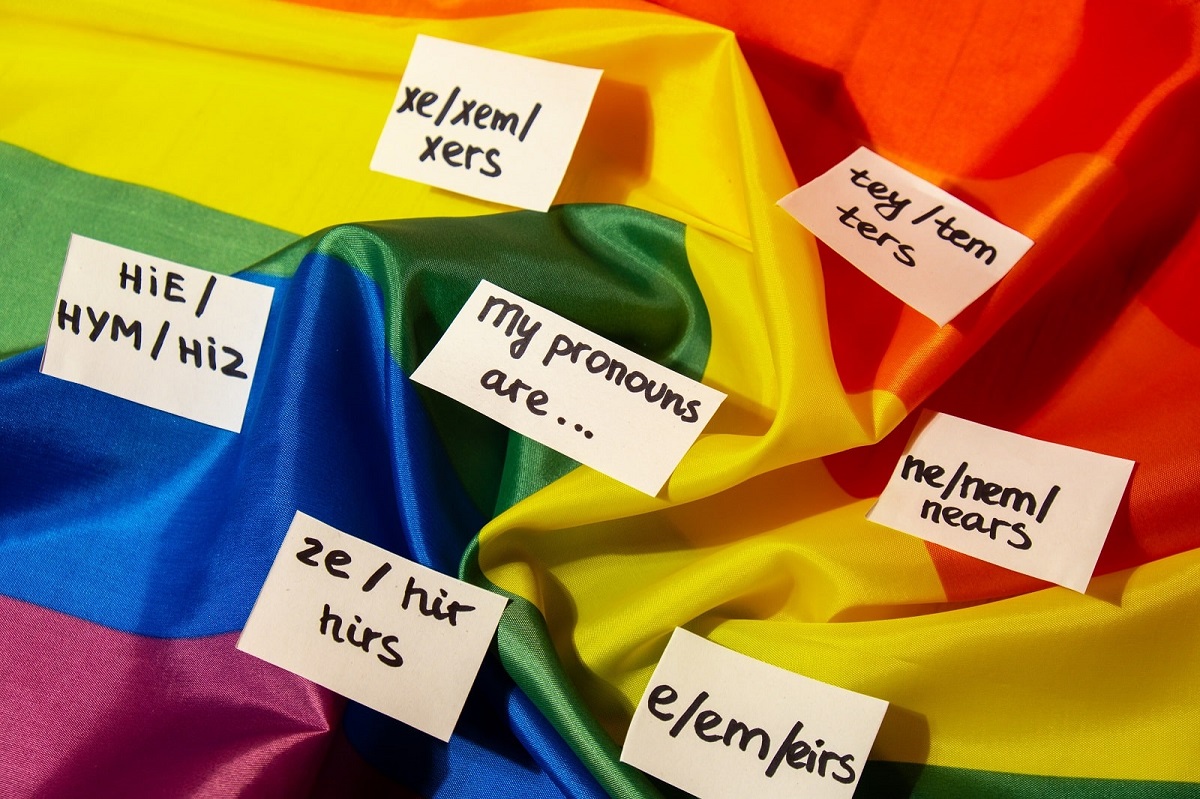In a recent development, Michigan’s House of Representatives approved a hate speech bill, designated as HB 4474, which aims to criminalize words that cause someone to feel threatened, including the misuse of pronouns.
All Hate Crimes Will Be Penalized

The bill introduces hate crime penalties for actions that make individuals feel “terrorized, frightened, or threatened,” with “sexual orientation” and “gender identity or expression” being included as protected classes.
Offenders Could Face Five Years in Prison

Offenders could face severe consequences, such as up to five years in prison or a $10,000 fine for felony offenses.
Proposed Legislation

The proposed legislation seeks to replace the existing Ethnic Intimidation Act and expand protection against intimidation.
Critics Claim the Bill Is Open to Interpretation

However, critics argue that the bill raises concerns about First Amendment rights and lacks clarity in defining “harassment,” leaving it open to subjective interpretation.
The Bill Is Not Clear

The bill states that “intimidate” refers to willful conduct involving repeated or continuing harassment that would cause a reasonable person to feel terrorized, frightened, or threatened, and that results in the victim experiencing those feelings.
The Victim’s Feelings Will Decide the Penalty

Detractors argue that this approach allows penalties to be determined based on the alleged victim’s and the court’s subjective feelings.
What Constitutes Harassment?

They contend that what constitutes “intimidation and harassment” would be subject to the listener’s interpretation and the discretion of local prosecutors.
Opponents of the Legislation

Opponents of the legislation assert that it has the potential to infringe upon free speech rights and undermine the principles of due process.
Several Public Figures Expressed Their Concerns

Distinguished Professor Emeritus William Wagner, an expert in constitutional law and former federal judge, warns that the bill could be exploited to silence conservative viewpoints and violates the constitutional requirement of due process.
Laws Were Used to Suppress People

Wagner highlights the numerous cases across the country where laws like these have been used to suppress and financially cripple those with different views.
The Bill Targets Conservatives?

Meanwhile, Republican Representative Angela Rigas expresses concerns about the bill targeting conservatives who speak out against radical gender ideology.
The Law Can Be Weaponized

Rigas argues that Michigan is now explicitly considering the gender identity issue as a “protected class,” leading to potential issues in the courts and the weaponization of the legal system against conservatives.
She Shared an Example

She cites previous attempts to ban “conversion” therapy as an example of Democrats seeking to dictate people’s thoughts.
Rigas suggests that conservatives may have to rely on the courts to challenge the legislation due to the lack of Republican influence in Michigan’s branches of power.
Awaits Final Approval

In recent weeks, Michigan lawmakers also approved legislation prohibiting so-called conversion therapy for minors.
The legislation awaits final approval by Governor Gretchen Whitmer, who has previously criticized the therapy as a “dangerous practice.”
The Bill Is on the Move

As HB 4474 moves to the Michigan State Senate, which is also Democrat-controlled, for further consideration, the debates surrounding the bill’s potential impact on free speech, due process, and LGBTQ+ rights continue to intensify.
“Governments Are Getting More and More Authoritarian Every Day”

Several online users shared their thoughts on the incident.
One user wrote, “Our governments are getting more and more AUTHORITARIAN every day – and we get no say in this – It’s horrendous!”
Bring Light into the Darkness

Another user commented, “This poor state is going off the rails. God awakens your people and allows them to bring light into the darkness.”
The post Michigan House Approves Hate Speech Bill, Aiming to Criminalize Threatening Language first appeared on Wealthy Living.
Featured Image Credit: Shutterstock / yanishevska. The people shown in the images are for illustrative purposes only, not the actual people featured in the story.





